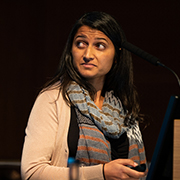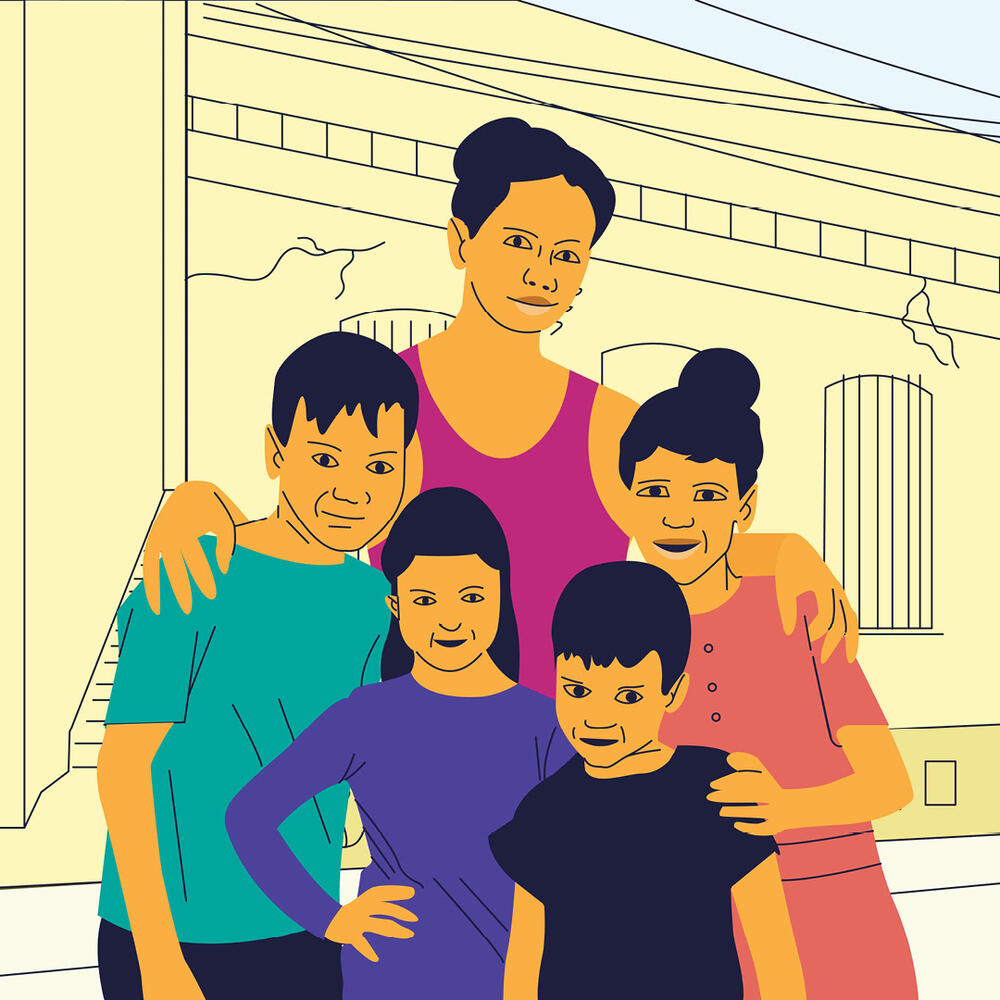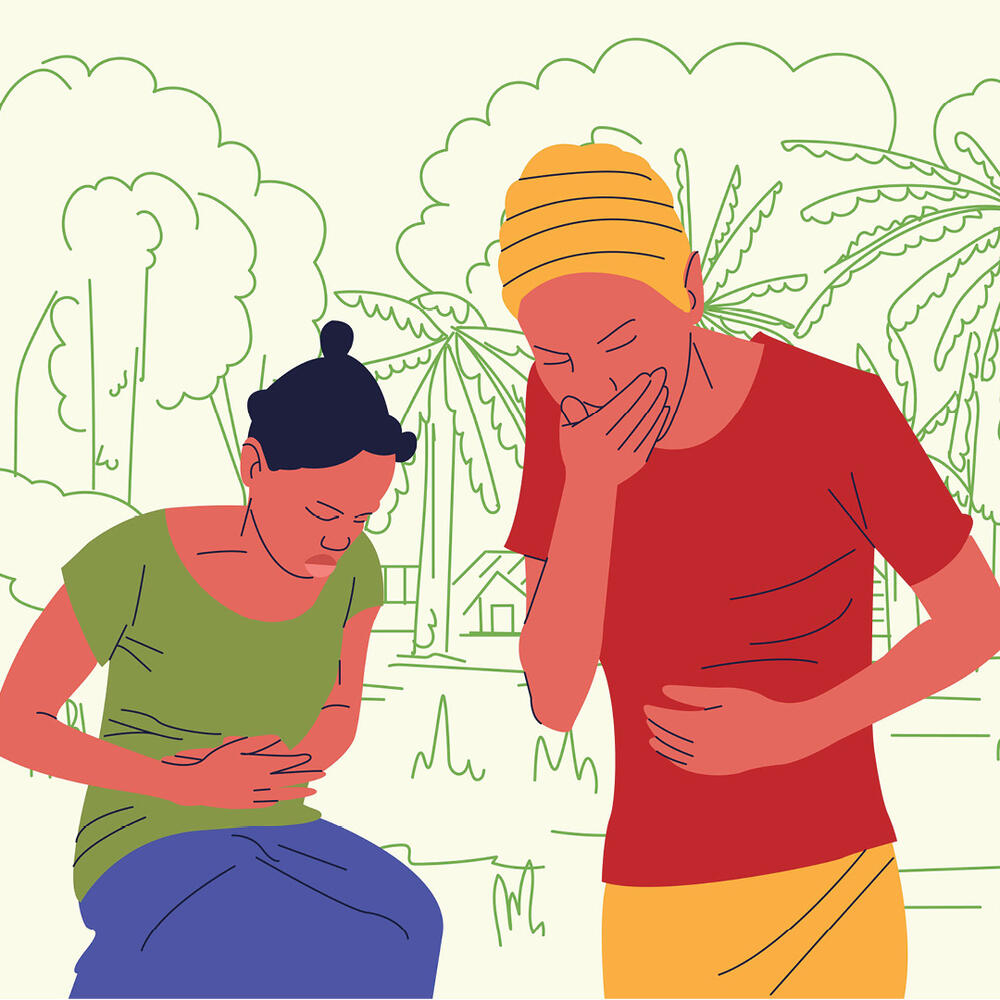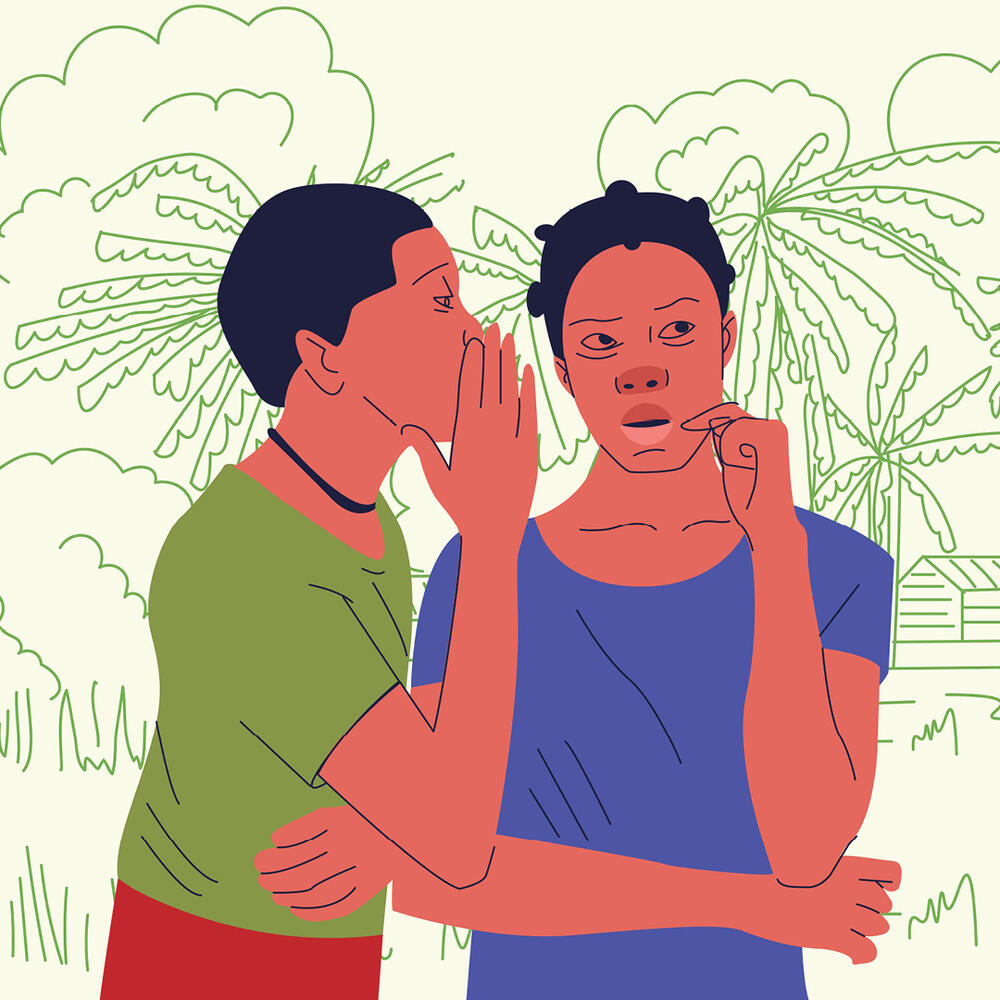Self-managed abortion: A life-saving revolution
How access to safe medication could prevent thousands of deaths every year
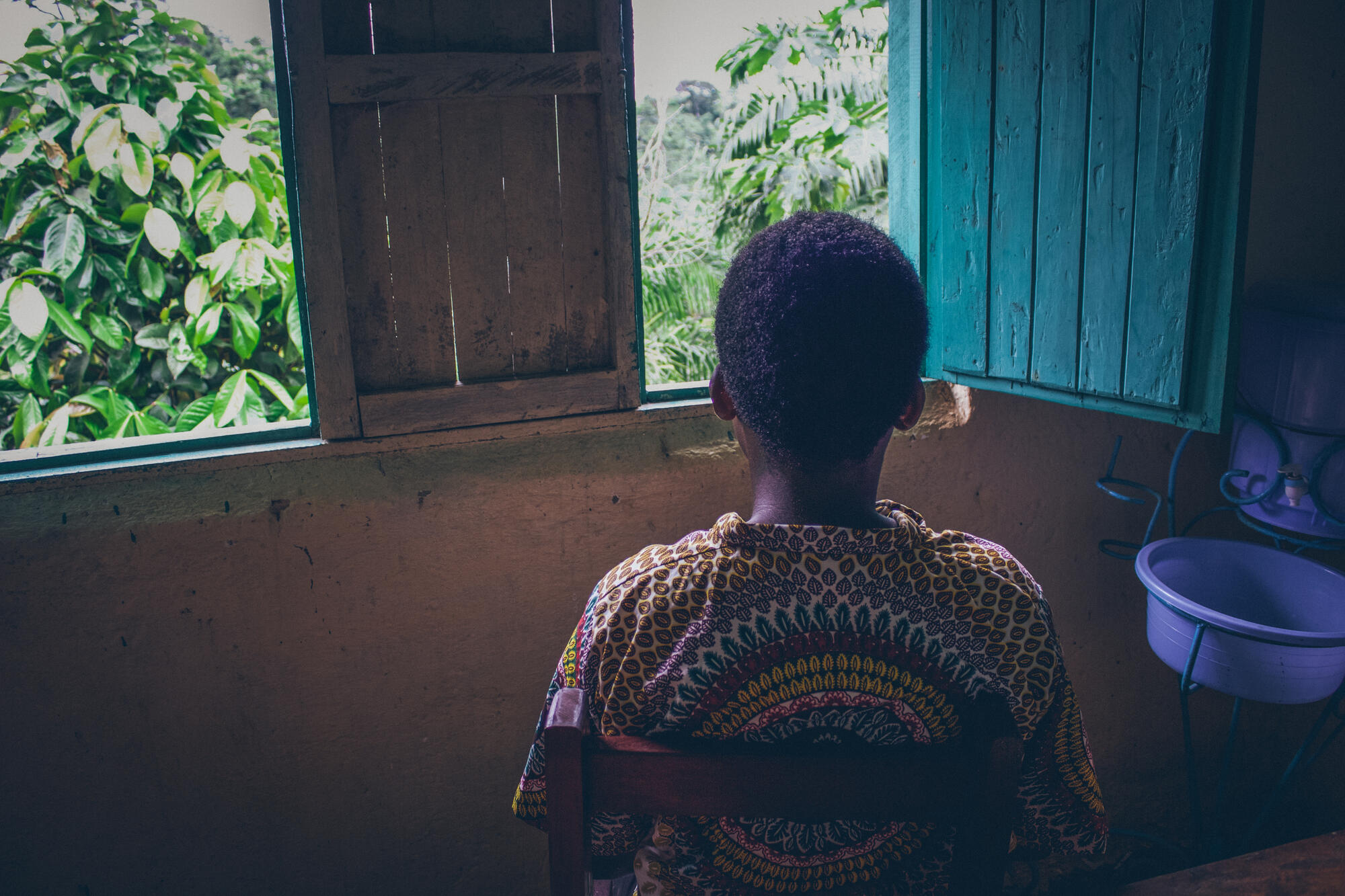
Self-managed abortion could open up access to life-saving treatment for millions of people. Dr Manisha Kumar, head of MSF's task force on safe abortion care, explains...
I became an abortion provider almost 10 years ago.
Since then, I have helped countless people around the world access safe abortion care. I’ve also witnessed the devastating complications from unsafe abortion when people do not have access to this essential healthcare.
Unsafe abortion is one of the main causes of maternal death and suffering worldwide, and the only one that is almost entirely preventable.
A life-saving game-changer
An abortion with pills is a game-changer. The simple treatment, taken over 24 hours, has the power to completely revolutionise access to safe abortion care, especially in the low-income countries and humanitarian crises where Médecins Sans Frontières / Doctors Without Borders (MSF) works.
Used by millions of people for over 30 years, we have decades of research and experience showing how safe and effective abortion pills are.
They successfully end pregnancy more than 95 percent of the time and the risk of severe, life-threatening complication is less than one percent.
They are inexpensive, easy to use, and so reliable that most people can take the pills at home without any problem.
"People everywhere should have access to respectful and safe abortion care"
Unfortunately, they’re also the best-kept secret about abortion. Many people still don’t know what an abortion with pills is, how it works, or how safe it is.
Legal restrictions and bans, social stigma, and unnecessary medical requirements also limit access.
These barriers disproportionately impact the most marginalised: people of colour, people living in poverty, adolescents, people living in rural areas, and those affected by crisis or conflict.
Changing the conversation
To increase access to safe abortion care, in 2017 MSF streamlined its protocols for an abortion with pills and removed routine medical testing, such as ultrasounds and blood tests.
In MSF projects, safe abortion care is now essentially a conversation between two people during which accurate information is shared and pills are provided for the person to take at home.
Since we started this new approach, we’ve seen a rapid increase in the number of people we are able to care for: from 781 in 2016 to more than 30,000 in 2020.
In figures: Unsafe abortion
25 million
UNSAFE ABORTIONS TAKE PLACE EACH YEAR
39,000
WOMEN AND GIRLS DIE AS A RESULT OF UNSAFE ABORTIONs EVERY YEAR
54,582
WOMEN AND GIRLS TREATED BY MSF IN 2023
We are now exploring ways to reach even more people and further support self-managed abortion with pills.
This means taking abortion medications outside of a ‘formal’ medical setting, and covers a spectrum of practices that have different levels of interaction with the healthcare system.
Safe and accessible
Many people prefer self-managed abortion for a range of reasons.
This includes increased privacy and confidentiality, more autonomy and control over the process, and easier access – especially if they live far away from a facility that provides abortions.
There is growing evidence that self-managed abortion with pills is as safe and effective as health facility-based care.
Healthcare providers and organisations can support self-managed abortion in several ways.
For example, some MSF teams have worked with community health workers and educators to ensure people living in remote areas can access safe abortion care in their communities, without having to travel to a healthcare facility.
We are also piloting a telehealth hotline where MSF staff provide information and support for abortion over the phone.
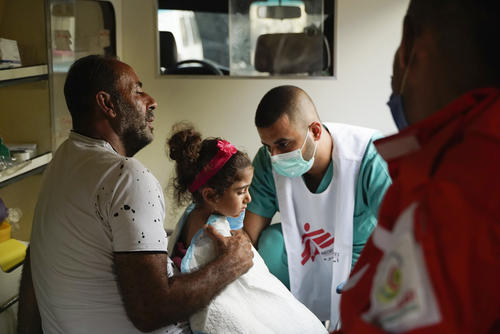
Get closer to the Frontline
Get the latest news, stories and updates, straight to your inbox.
The three elements of safe abortion
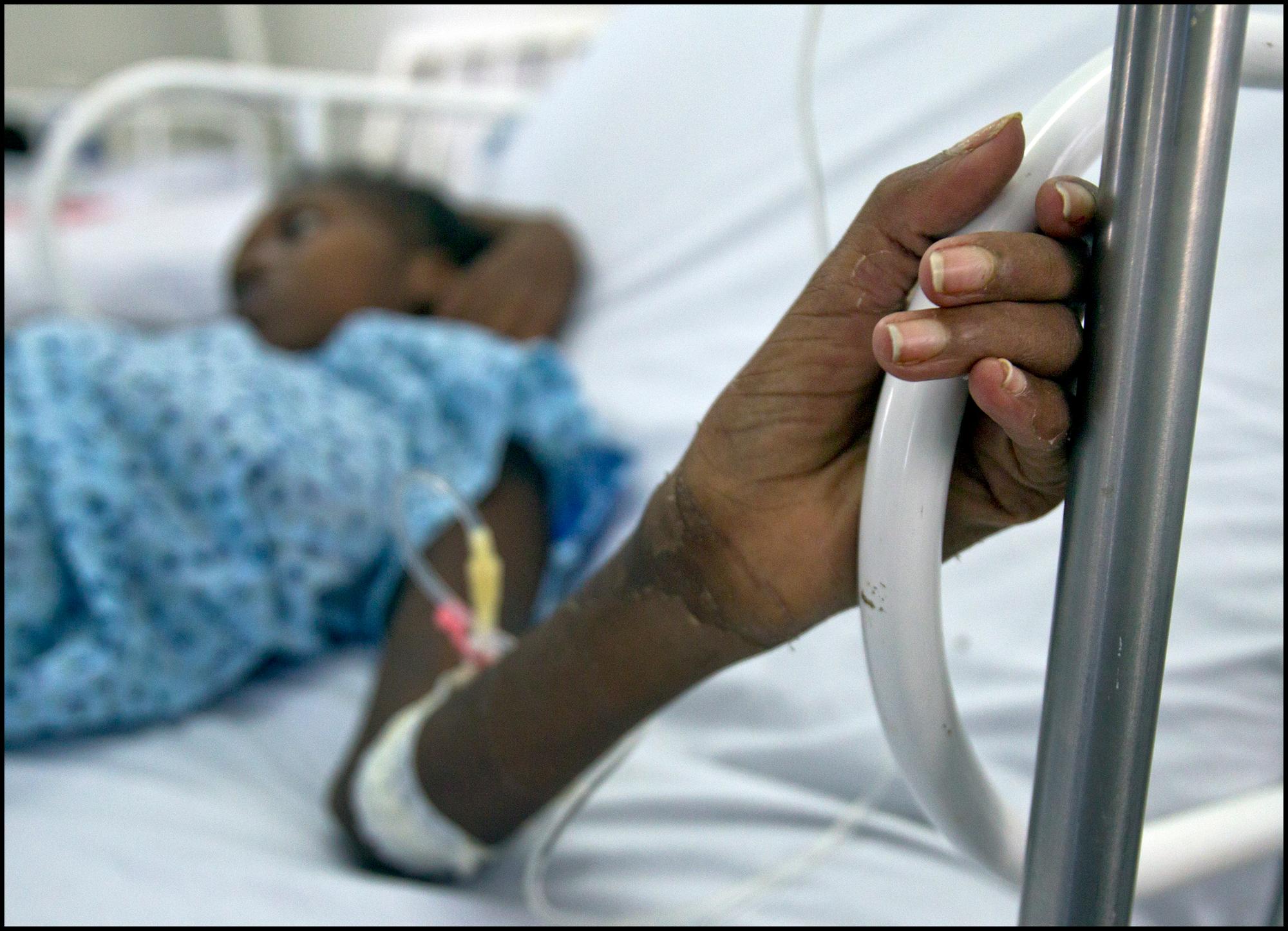
From our experience, we have learned that you don’t need clinical tests, medical equipment, surgical capacity, or even a healthcare facility to make an abortion with pills safe.
All you need for a safe abortion with pills is three elements: accurate information, quality medication, and mutual respect and trust.
1 | Accurate information
Accurate information about an abortion with pills should be common knowledge – it should be easy to find by everyone. But this is not the reality, and misinformation and myths are everywhere.
To address this knowledge gap and share accurate, evidence-based information, MSF and HowToUseAbortionPill.org have created a new video series designed for anyone looking to learn more about an abortion with pills up to 13 weeks of pregnancy.
The videos help people know if they can use abortion pills to end a pregnancy, how to use the pills, what to expect, when to seek additional care, and how to know if they worked.
They can be used by people looking for guidance on how to safely self-manage an abortion, people planning to receive care at a health facility, those who simply want to better understand the process, and everyone in between.
The videos are free, open access, use accessible non-medical terminology, and are available in 27 languages to ensure that as many people as possible can benefit from the information shared.
This episode of our Everyday Emergency podcast discusses the impacts of losing access to essential sexual and reproductive health services, particularly safe abortion care and contraception care, amid the COVID-19 pandemic
2 | Quality medications
For reasons that have more to do with social norms and politics than patient safety or well-being, the second element, quality medications, can be difficult to come by.
Even though they are on the World Health Organization list of essential medications, the quality, cost, and availability of the medicines varies considerably by country and location.
There are some online resources that can help people find them, but in reality, abortion pills are so safe, important, and widely used that they should be as easy to access as over-the-counter medicines found in drug stores.
3 | Mutual respect and trust
Mutual respect and trust is arguably the most essential element – and also the most elusive.
It means challenging assumptions about people who have abortions, expanding our comfort levels, and trusting pregnant people to make their own decisions about the care they need and how they want to receive it.
International Safe Abortion Day 2021
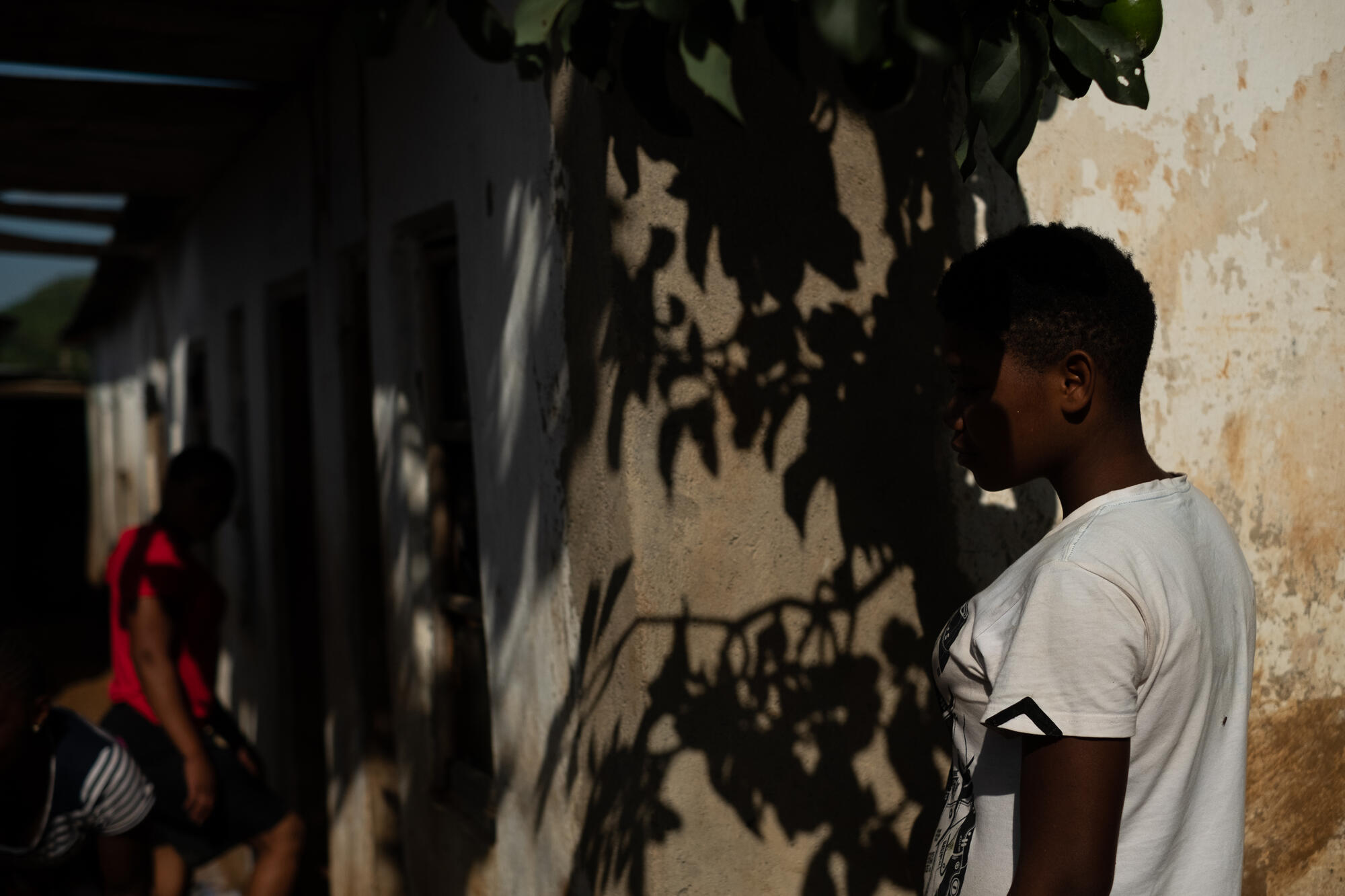
To break the stigma around abortion and amplify the voices, needs, and lived experience of people who have had abortions, on International Safe Abortion Day, 28 September, MSF is sharing stories about abortion from the places where we work.
We hear from people all over the world – from Colombia to the Democratic Republic of Congo (DRC), Greece to India, people of many religions, young and old, those with and without children – about their abortion experiences.
These stories challenge the tendency to reduce the abortion experience to a single narrative that stereotypes, blames, and stigmatises those who have abortions.
When we hear from people who have had an abortion in different circumstances around the world, we gain a deeper appreciation of how crucial and life-saving access to safe abortion care is. It also shows that people are already self-managing their abortions to some extent.
Our role as healthcare providers should be to make abortion care as safe, comfortable, and dignified as possible. This means enabling people to decide for themselves how, when, and where they have an abortion and with whose support – not being gatekeepers to this essential healthcare.
Self-managed abortion is about more than increasing access: It's about upholding people’s autonomy and ensuring they can take the lead in their own care.
People everywhere should have access to respectful and safe abortion care.
Here are just three of these anonymous stories:
“My whole family supported me” | Colombia
"We came to Colombia from Venezuela, but there is no work here; I have nothing stable.
I didn't know that I was pregnant. I came to the MSF clinic because I had a toothache and a fever. When I saw that they were giving away contraceptives, I asked for some.
They said I had to have a pregnancy test first. It looked negative, but when I went around the corner, the other line appeared. I came back crying. They connected me with an MSF psychologist.
My doctor back in Venezuela had said it was dangerous for me to get pregnant again. I've already had four Caesarean sections.
If I'd had to, I would have looked anywhere for something that could end the pregnancy. There are many options – there are plants, there are things you can drink. I can’t get pregnant again because I could die.
The next day, MSF sent me to the hospital to receive the pills for an abortion. My whole family supported me having the abortion. I already have children. I want to see them grow big.
Now, I’ve received an implant that will prevent me from getting pregnant for five years. Thank God, MSF gave me this implant for free – in Maracaibo, it would be expensive."
“Girls are losing their lives” | DRC
“There were two young girls from the same family – both 15 years old and pregnant. They wanted to continue with their schooling. So, after getting advice from their friends, they secretly went into the bush looking for traditional herbs.
They prepared the herbs and drank them, thinking that this remedy would cause an abortion. The girls began to have abdominal complications. Their bellies became swollen. They were in pain. They were crying.
Their parents took them to the hospital. Both girls died within minutes of each other. They died as a result of poisoning from the traditional plants they used to induce abortion. This happens a lot here.
Typically, in our country, it's difficult to talk about problems such as unwanted pregnancy. It's complicated with our traditions and taboos. Young girls are afraid that if their parents know they are pregnant, they'll be beaten or thrown out of the family.
It's very painful. We should be able to say that: it's painful. Girls are losing their lives.”
“Break the taboo” | DRC
“I felt changes in my body and realised I was pregnant. Because of the circumstances and other problems in my life, I had to have an abortion. It's difficult for me to provide for the children I already have.
I talked to some people I am close to who agreed to help me have an abortion. They showed me which herbs to use and I drank them.
At first, nothing happened. After a few days I started to have pain. I started to bleed and I felt very weak.
I suffered a lot, so I went to a doctor. I had developed an infection. They removed what was left in my uterus and I felt better.
Here, in the east of the Democratic Republic of Congo, it is not easy to talk to people about something like this. I only told some people what happened – but I can’t tell anyone else, not even my mother. If I tell anyone, they'll think I'm a monster. In our culture, if you have an abortion people think you're a witch. So many women do it in secret and it can be dangerous, or even kill them. This is what almost happened to me.
I would like us to break the taboo on abortion and treat people who have abortions as normal people.”
MSF and safe abortion
Unsafe abortions are a major problem in low-income countries and humanitarian crises.
Performed by unqualified people or in unhygienic environments, unsafe abortions can cause life-threatening complications in girls and women.
The World Health Organization (WHO) estimates that around 25 million unsafe abortions take place each year. This represents 45 percent of all abortions worldwide.
